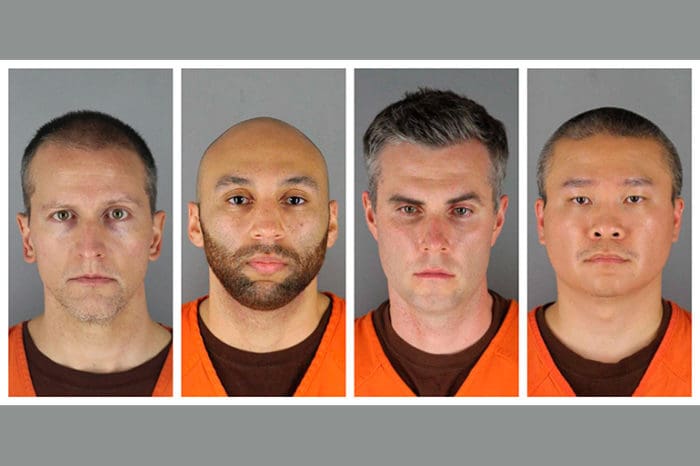Oh look! Yet another media rando connecting police reform to…you guessed it…gun control. Another thoughtful, plaintive plea claiming we can’t possibly do anything about officer misconduct and police brutality in a country where civilians are allowed to walk around freely with firearms.
The real tell here that Mr. Thompson is nothing but a gun control talking point-spouting hack, however, is his embarrassing use of that long-ago debunked Bloomberg-touted “statistic” that 40% of guns in the US are sold without a background check. Please. That’s so five years ago. And such utter BS.
We should stop thinking about guns as just an acute threat, and start thinking about them as something more like lead poisoning—an environmental toxicity that builds over decades and leads to a host of social and cognitive problems. Gun prevalence increases civilian violence and officer shootings, which makes cops more concerned about getting killed, which in turn leads officers to bedeck themselves in quasi-military gear, escalate conflicts that don’t deserve escalation, and, too often, shoot and kill. “When police are involved in an encounter where guns are more prevalent in general, I wouldn’t be surprised that their level of anxiety were heightened,” says Matt Miller, a health-sciences professor at Northeastern and a co-director of the Harvard Injury Control Research Center.
The solutions are socially and politically improbable—but perhaps no more improbable than abolishing the police. They could begin with banning guns of war, requiring universal background checks, and instituting national “red flag” laws to keep guns from potentially dangerous people. These measures might sound small-bore compared with the challenge before us, but they could still make a difference. Deborah Azrael, also of the Harvard Injury Control Research Center, has found that 40 percent of gun owners acquired their most recent firearm without a background check. There are not many issues that easily unite police reformers and police unions, but reducing the social toxin of gun prevalence, especially in high-crime areas, ought to be at the top of that short list.
In a country where guns are protected by the Constitution and cherished by tens of millions of Americans, meaningful change will require a major social movement. Perhaps we’re seeing the seeds of that groundswell right now. As long as reformers are imagining the future of an unbundled police force, they have to be clear-eyed about the roots of civilian and police violence. Which means they have to talk about guns.
– Derek Thompson in The Overlooked Role of Guns in the Police-Reform Debate
